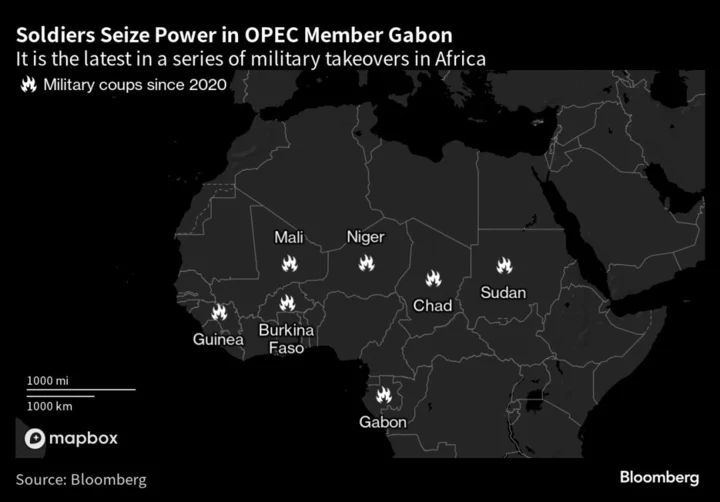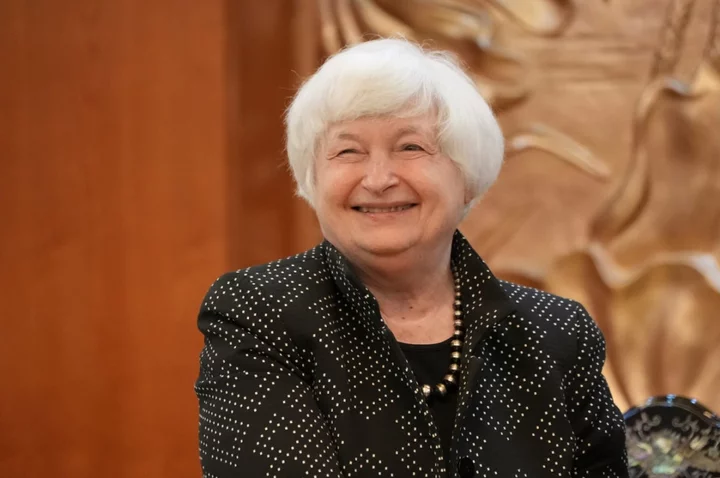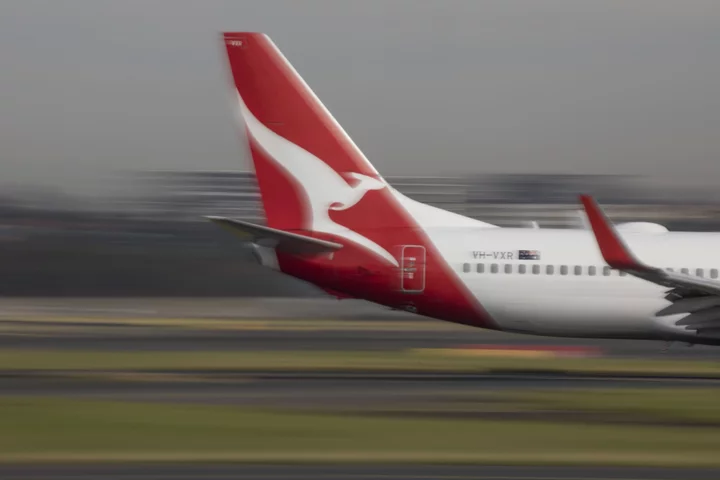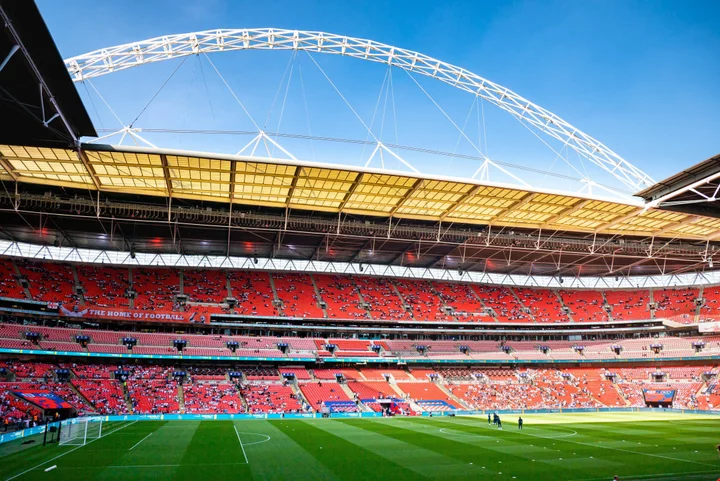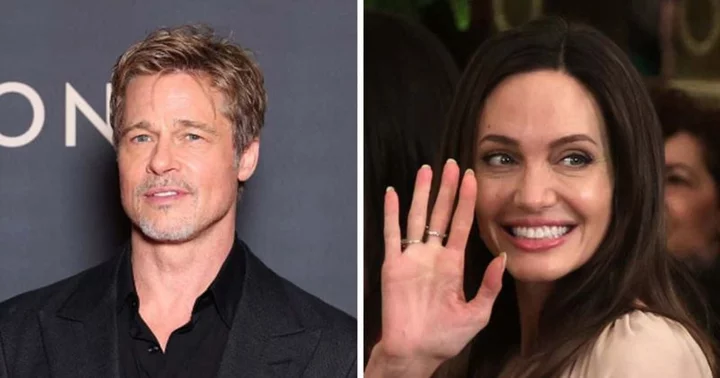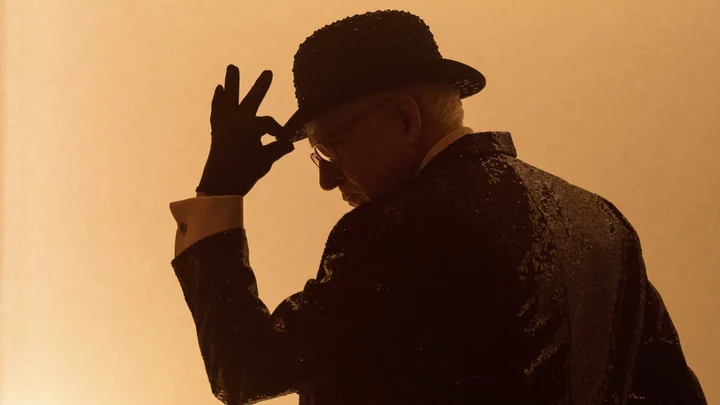Soldiers seized power in OPEC member Gabon, four days after the central African nation held presidential elections.
Army officers appeared on state television to announce that they’d canceled the Aug. 26 vote and dissolved the country’s institutions, the BBC and Agence France-Presse reported. President Ali Bongo had sought to extend his family’s 56-year hold on power in the election.
If confirmed, the military takeover would mark the ninth in sub-Saharan Africa in the past three years, and follows a coup in Niger last month. The military takeovers have been rooted in the economic malaise and weak governance that have fed frustration among civilians and — in West Africa in particular — the spread of extremist violence.
The putsch raises anxiety about instability spreading in western Africa and increases pressure on the Economic Community of West African States to act to restore civilian rule in Niger, after the 15-nation bloc threatened to use military force to compel the military junta to relinquish power.
Gabon is one of OPEC’s smaller members, pumping about 200,000 barrels a day. The country has abundant oil and manganese deposits, but they haven’t translated into better living standards. About one third of its 2.2 million people live below the poverty line, according to the World Bank.
Read More: Gabon Shuts Off Internet, Imposes Curfew as Bongo Seeks New Term
Bongo, whose whereabouts were not immediately clear, was first elected president in 2009, four months after the death of his father, Omar Bongo, who had held power since 1967. He secured a second seven-year term in 2016 in the closest election in the nation’s history, and violence and looting ensued after his victory was announced.
The takeover was announced hours after Bongo was announced the winner of the election with 64.3% of the vote, according to AFP.
Fears have been mounting of a repetition of the unrest, with the US Embassy in Libreville, the capital, warning of the “possibility of protests throughout Gabon in the lead up to and aftermath” of the vote.
The UK Foreign Office updated its travel advisory for the country, advising citizens to remain indoors.
“Our network of embassies in the region will be paying close attention to what we need to do and what we are able to do,” UK Foreign Secretary James Cleverly told Bloomberg in interview Wednesday during a visit to Beijing.
Bongo’s bid for a third term came months after Gabon’s constitution was changed to allow the president to be elected in a single round. The new system also obliged voters to choose their preferred leader and lawmakers from the same party.
--With assistance from Helen Nyambura, Colum Murphy and Kitty Donaldson.
(Updates with UK government comment from eighth paragraph)

